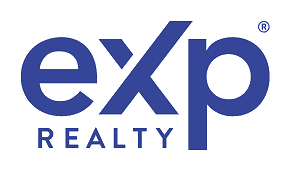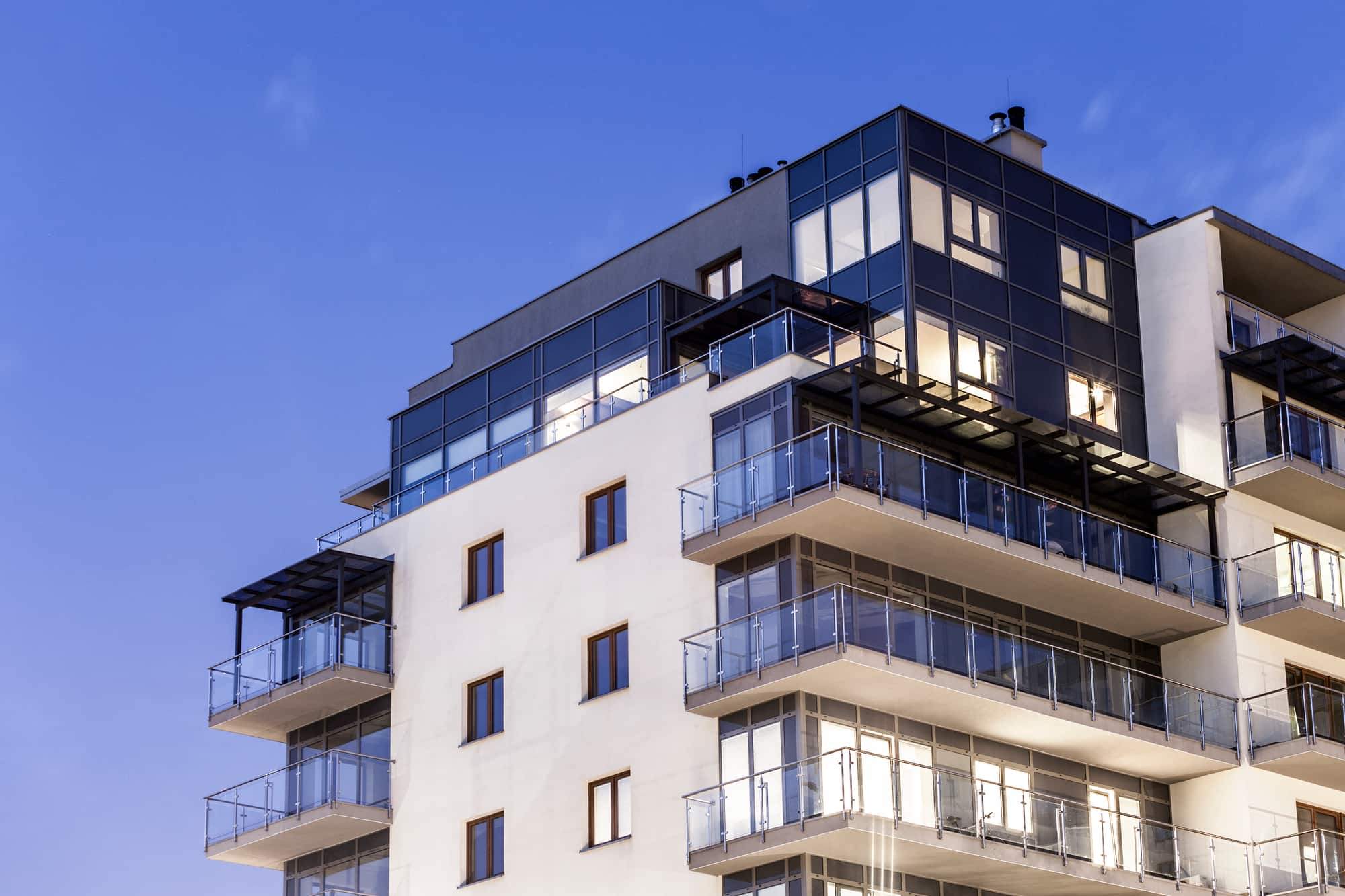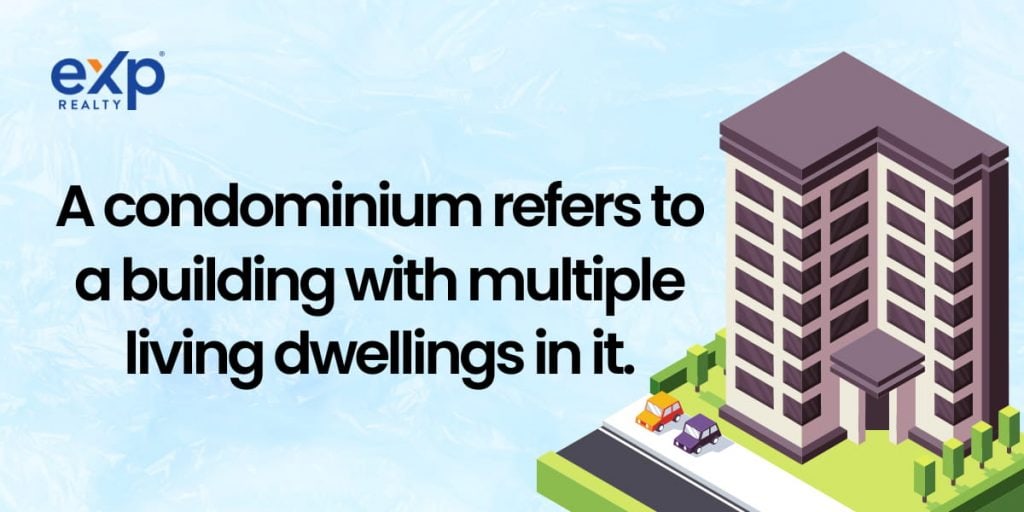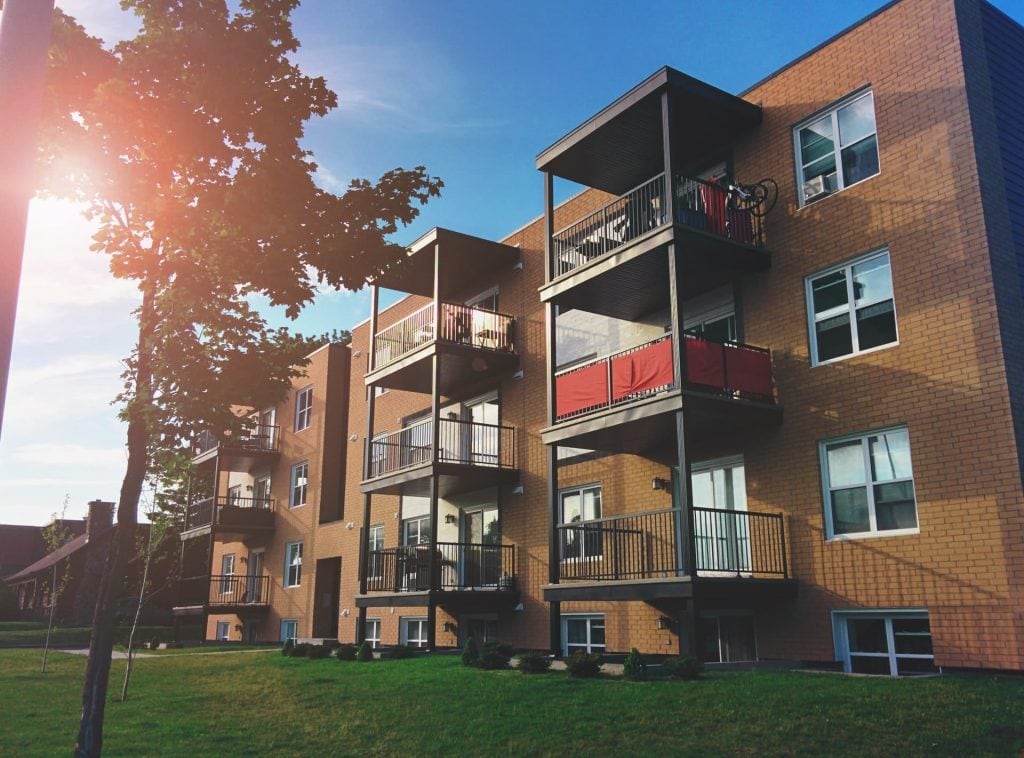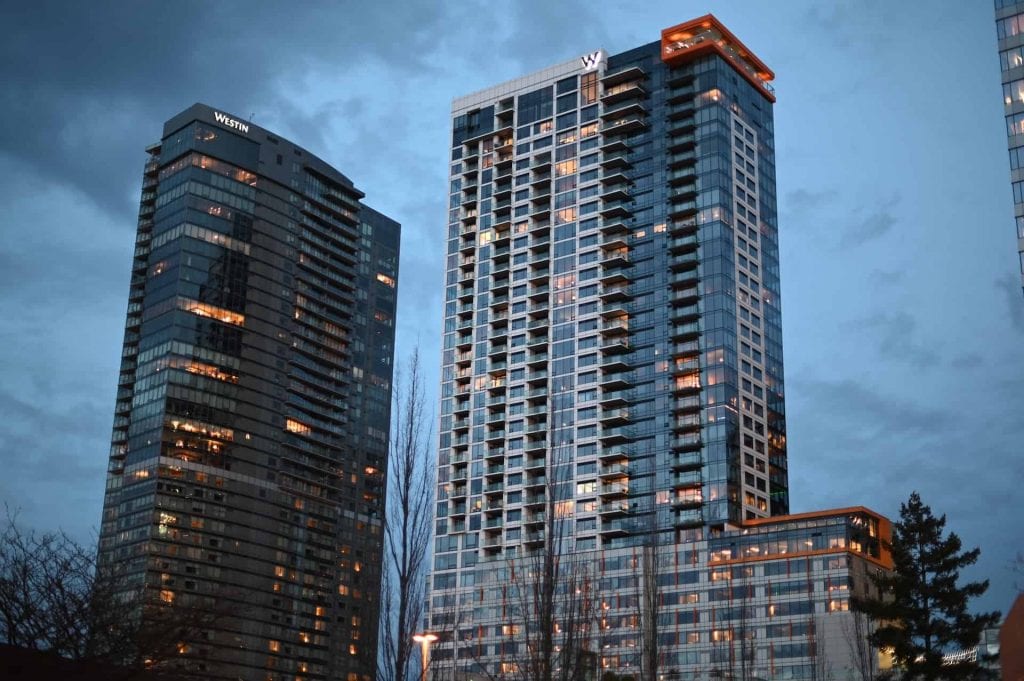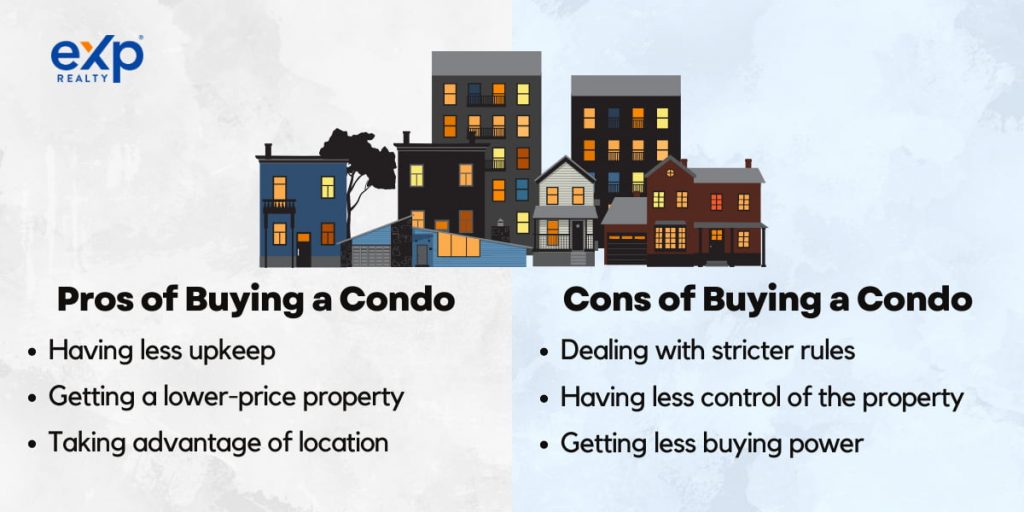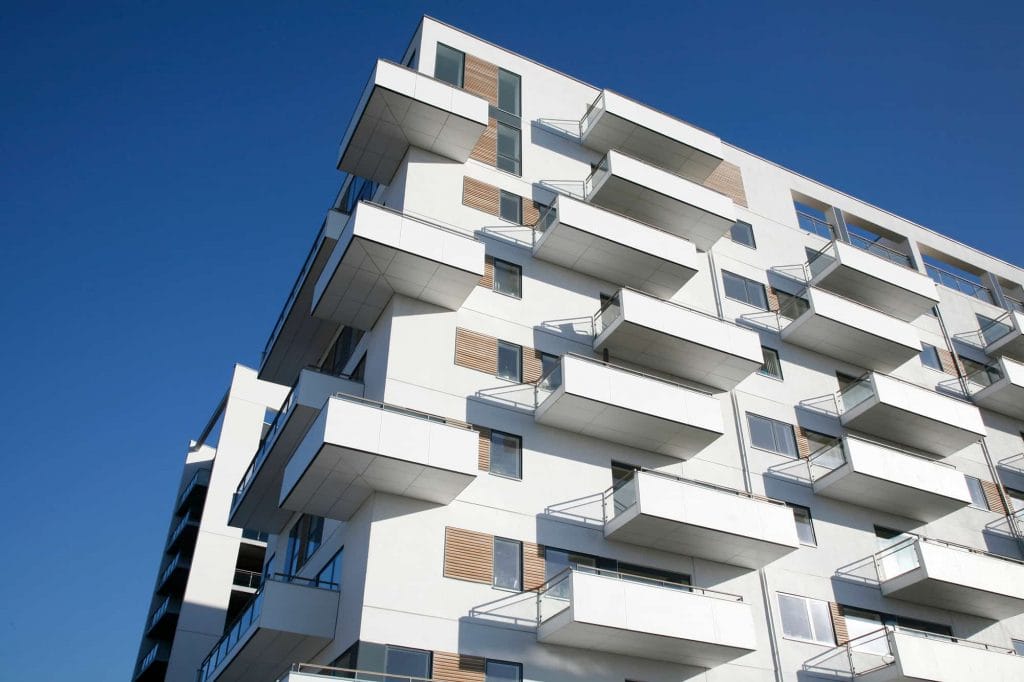As you look into real estate in Florida or wherever, you’ll come across condos and wonder if you should purchase one. Whether condo owners want to buy a condo to live there or treat one as a rental property, they’ll want to understand what condo units can offer them.
As you consider condos and think about a condo community, you’ll have questions about it. Once you know what a condo is, you can look into the types, see what they offer, and determine if you want to purchase one.
Do your best to keep yourself informed and look into the various condos available to decide whether you should invest in a property.
What Is a Condominium?
A condominium refers to a building with multiple living dwellings in it. Instead of having one person own the entire property and renting it out, each person holds a deed for their specific condominium unit, allowing people to split the condominium ownership of a building.
As you look into a condominium association, you’ll notice condos fall under shared ownership.
While the condo owner holds the deed to the living space, they don’t own the entire building since everyone splits it and shares parts of the condo, such as lawn maintenance.
With that in mind, you can treat a condo as a building divided into sections that people share to either live there or rent the space to others. While condos can contain more families based on the area, they usually hold four to six households depending on the design.
Responsibilities, Insurance, and Other Details of Condos
Condos share a common space with the other owners, such as the staircases and the common and outdoor areas. Some condo owners must take care of the building and look into the landscaping, though that varies based on the condominium area and any Homeowner Associations, typically known as HOAs.
With that in mind, interior and exterior maintenance and repairs usually fall to the condo owner. Their owner’s deed will explicitly state what they must maintain and repair the condo if they own it, ensuring everyone can live while settling disputes peacefully.
Going off the previous point, the same applies to insurance coverage and liability. The owner will have homeowners insurance for their situation and seek coverage for their property. Condo insurers can offer insurance conditions and help the condo owner with their home.
Ensure you check the conditions since some may require you to have insurance alongside other condo fees. Condos are similar to apartments, where the individual condominium units are usually next to or stacked on top of each other, maximizing the space.
Condos work well since respective condo owners can own property without having to cover the costs of single-family homes. That means it cuts down on the responsibilities associated with maintenance costs alongside any future maintenance the property may need.
Types of Condos
On top of having condos as living spaces for others, you’ll notice different types of condos, so you’ll want to understand what they offer. Review the condo types, see what they involve, and determine if you’d benefit from purchasing that condo type.
Condo Home
Some people turn single-family homes into condos, splitting the house while letting people own parts of it. As you consider buying a home, you may purchase a condo home, so you agree to live in one section while someone else gets another.
Condo homes are split into multiple sections, ensuring people have space to themselves they won’t need to share. They’re similar to townhomes, except they sometimes are under the same owner, with them renting out the space to others, though that can vary.
A condo home can work great for most people looking into condo types. They can work better than apartment complexes since you won’t have as many people living in the same building, meaning it can work for most families of four or fewer people who want to own property.
Condo Share
If you don’t mind sharing a space with someone, you can go with a condo share. A condo share refers to an area you live in during certain times of the year while another group lives in the condo during other times.
Some people will use condo shares as second homes or vacation homes, a place for them to relax and enjoy a vacation. They may also rent out the condo share during various times of the year, allowing people to temporarily live there for their needs or based on what they want.
Condo shares can work great for college students since they’ll live in the condo during the semester, return to their hometown during the summer, and come back. They can also work for people who own a house and want a place they can use as a vacation spot.
Detached Condo
Even though most condos share walls with others, you can go with a detached condo. These stand independently but aren’t large enough to count as a house. Instead, they usually have the smaller size of a condo, providing enough rooms for a couple or small family.
They remain different from homes since they aren’t the same size and can be located near other condos, even if they don’t share walls. However, you’ll have minimal noise since they don’t share walls with others.
A detached condo community works best for those who plan to retire and don’t need much space. Detached condos can also work well for college students who want a place to study or those who plan to work from home, so consider it if you fall into those categories.
Private Condo
It counts as a private condo if the owner intends to live in the condo as their living space instead of renting it out. Private condos refer to what the person uses the property for rather than the building type.
With that in mind, you also have rental condos where the owner allows people to live in the condos as long as they pay you for it. Doing so will enable you to cover the cost of the condo while making money, making it the critical difference between rent and private condos.
These condos work for people who don’t need much space but want a place where they don’t pay rent. If you can pay for it outright or don’t mind getting a mortgage, you may want to buy a private condo rather than rent it to someone.
Condo Building
A condo building takes a similar approach to an apartment, except the individual living spaces in the home function as condos. They can have dozens of unit owners in the area since a large building can contain more of them, allowing them to have condominium communities.
Since it’s a large building, people don’t have as much property to maintain. Most of the exterior property will be taken care of by the homeowners association (HOA). With that in mind, you’ll likely have to pay a homeowners association fee or similar expenses.
These areas work great for younger families or those starting their homeownership. Since they don’t provide as much space, and you have tons of others around you, it’ll feel like an apartment building sometimes, which may not bother some people.
Condo Developments
If you want to work with an entire group of condos close together, you could look into a condominium development. These areas focus on offering multiple condos in a single spot, allowing people to live in the area.
Since so many people share parts of the property, condo developments usually have a homeowners association to help cover everything. For example, they may have maintenance staff to take care of the lawn, parking lots, and shared areas.
While the condo owners have their responsibilities to cover, they have, in essence, a neighborhood or group of condos in the area.
These developments work best for people who want a low-maintenance property. They also work great for people who don’t need much space, so either younger couples or retired couples may find these developments excellent options for their needs.
Condo Amenities and Services
As you look into condos as real property, you’ll want to know about the amenities and services offered. Since most condos are in communities, they may have a property management company that offers additional resources to make them more appealing to buyers.
- Swimming pools
- Community rooms
- Gyms
Having a community swimming pool can work as an excellent amenity. You know that whenever you want to swim, you can go to the area and enjoy it. The same applies to community rooms, which may have community amenities such as TVs, billiards, and similar activities.
A lot of people like condos with gyms since they don’t need to pay for a membership or travel far to exercise. Such fitness centers usually include treadmills, weights, ellipticals, and similar equipment to cover a wide range of exercises for your needs.
While these aren’t the only amenities and services you can get through a condo, they remain the most common ones.
Additional Amenities and Services
As you consider condo life, you should look into other amenities and services.
- Concierge
- Security
- Tennis courts
- Barbecue areas
Since your condo complex may have a front office, you could have a concierge to help. Concierges offer information and interact with people if they have questions or want a tour of one of the condos, allowing potential buyers to see if they want to move there.
Some areas will offer security to condominium owners. They may have security guards who patrol the area to look for suspicious activity. Other areas may include security cameras around the complex and a gate to prevent people from entering without permission.
You can also come across condos with basketball and tennis courts for condominium owners, so they’ll have a place to have fun. These work as excellent shared amenities since you can invite friends over to exercise and play different sports.
If you live in residential complexes, they’ll sometimes include barbecue areas. These places provide you with equipment to cook outdoors if you want to do so, giving you a great place to throw a party and have fun with your friends.
Condos vs. Apartments and Homes
While amenities can vary between a larger complex and other condos, you’ll notice varying amenities between condos and other options. For example, if you look at apartments, they sometimes include similar amenities to condos.
They can have workout areas, recreation rooms, and swimming pools, which remain excellent community amenities. You have the same for some townhome communities, though that depends on the area and what they offer.
As for homes, you’ll come across some neighborhoods that have homeowners pay an additional cost. That money then goes into the local amenities, which usually include a swimming pool and maybe a barbecue area, though homes have them less often than apartments and condos.
In short, if you want to focus on amenities, you should go with a condo or apartment complex since they’ll include additional areas to make the common spaces more appealing.
Why Buy a Condo?
Condos offer convenience and simplicity compared to detached single-family homes. Even though you may have some additional rules to follow along with living in a larger building, the building’s exterior walls won’t be your responsibility.
You’ll lower the required maintenance if you go with a condo. Condo dwellers don’t have to take care of the lawn or walls usually, remaining one of the major advantages of condominium living. As potential buyers look into an affordable purchase, they’ll want to see why a condo works.
A Condo As Your Primary Residence
If you plan to utilize a real estate agent and make a condo your primary residence, you’ll see why people purchase condos and live there.
- Earning equity
- Having your place
- Focusing on your property
As you pay money toward your condo, you won’t have to pay rent. The difference between rent and equity means you’ll pay money for your condo, but the payments work toward owning the home. That way, you have the equity to make real estate purchases in the future.
Having a place of your own makes owning versus renting one of the basic differences between the two. If you purchase it, you can rest easy knowing the place you live will remain your place, while rent makes it more like a condo hotel where you don’t own the property.
A standard condo means you’ll only need to focus on your property and home. Individual unit owners must look into repairs and have personal property coverage, but they don’t hold that same responsibility for the other individual condo units.
A Condo As Your Investment Property
While you have reasons to purchase different kinds of condos, you’ll see why people purchase them and utilize a condominium complex as an investment.
- Gaining rental income
- Potential appreciation
- Having a backup option
As you consider your type of ownership, you should review renting your condo to others. Doing so will help you gain rental income, allowing you to put the money into your condo or save it. You can use the money to cover your medical bills, liability coverage, and similar expenses.
Even though you may pay a median price for your condo when you get it, real estate tends to face appreciation. That means as time goes on, the value of the home increases, allowing you to get more from traditional condo buildings and other real estate investments.
Even if you seek to form condo hotels where you rent them out to tenants, you have a backup option if you face a challenging situation. You can always move into your condo and make it your home, even if you must follow stricter rules and the standard condo policy.
Pros and Cons of Buying a Condo
If you seek to leasehold condos, you’ll want to know the pros and cons of purchasing one. Doing so will help you make an informed decision as you understand the advantages you’ll enjoy without ignoring the cons of condo ownership.
Pros of Buying a Condo
As you review apartment homes and other options, you’ll naturally come across some pros that make condo ownership a solid option.
- Having less upkeep
- Getting a lower-price property
- Taking advantage of location
Since you share the property with others and may have a condominium corporation, you won’t have to care for as much of the property. From yard maintenance to roof maintenance, you can let the business cover those points while you focus on your home.
As you look into your monthly mortgage payment, you’ll notice a considerable price difference between a traditional home mortgage. You’ll save money by looking into condos while also getting purchasing power for the future.
You can take advantage of the location to draw in more renters. For example, if you have your condo near a college campus, you can appeal to college students to get more people to apply since they’ll save time and money on travel.
Cons of Buying a Condo
Even though condominiums offer their advantages, you must analyze the disadvantages if you plan to make an informed decision.
- Dealing with stricter rules
- Having less control of the property
- Getting less buying power
As you look into condos, you’ll notice they’ll have stricter rules through the community property management. You may also not have many options regarding how to design your home, so you’ll need to go through the rules beforehand.
Speaking of stricter rules, you’ll have less control over the property than other options. You can’t put what you want on the lawn, you may not be able to install different things to your home, or even own a pet, which could seem limiting and frustrating for some homeowners.
Even though you’ll have a lower monthly payment, you’ll end up with lower buying power with a condo vs. a home. While they may offer more than standard apartments, you won’t get as much out of them compared to homes, lowering your overall profits.
Condo Financing and Costs
You’ll have multiple options to consider for your financing, such as going through a mortgage application. Since you’ll have multiple factors to consider while calculating your financing costs, ensure you review them and make your decision.
- The loan types
- The interest rate and loan term
- Fixed or adjustable interest rates
You have multiple loan types to consider while you purchase a condo: conventional, FHA, or special programs. Most loans fall under conventional, so you’ll most likely use that one. FHA has higher interest rates, but lower required down payments and credit scores.
You also have special programs to consider, such as VA, USDA, and local loans. The interest rates will also vary along with the loan term. Most loans have 30 or 15-year terms, so the more years you have to pay it, the higher the interest rates, so compare your options.
Some lenders will offer fixed interest rates, meaning once you agree to the loan, you’ll have the same interest rate the entire time. An adjustable interest rate means it’ll change every year or so, depending on the terms listed in the contract.
You’ll usually want to go with a fixed interest rate if you have low rates at the time, though an adjustable option might work better if it shows signs of dropping.
Additional Costs
On top of the mortgage options and applying for mortgage approval, you’ll have additional costs to pay. Most condos fall under HOAs, so you’ll need to pay HOA fees, insurance, and property taxes, so don’t overlook them while considering your monthly expenses.
You’ll usually pay property taxes at the end of the year, so keep them in mind. Your HOA may have you pay each month while others have you pay in bulk at the start of the year. The same applies to property tax terms, so look into your options and see what works for your situation.
Pros of Owning a Condo Instead of an Apartment
While you could go with a condo or apartment, you’ll notice some substantial benefits if you choose a condo over an apartment.
- The option to buy or rent
- Can pay for condos with time
- Less maintenance for renting out
Most apartments require you to rent them while you can rent or buy condos. Since you have flexibility with your options, you’ll identify whether renting or buying a condo works best for your situation, allowing you to build your equity and have a property.
You can also pay for condos with time if you get a mortgage. The mortgage will cover the cost of the condo while you make monthly payments. You also have less to take care of compared to renting out apartments.
If you own an apartment complex, you have more to maintain than your condominium counterparts. This happens since you only own one condo versus an entire apartment complex.
Cons of Owning a Condo Instead of an Apartment
While condos have excellent benefits, you’ll have drawbacks you should consider before committing to a condo.
- Condos usually cost more
- Having additional fees
- Less money-making than apartment complexes
Condos usually cost more money whether you purchase or rent them. On top of that, you’ll have more fees to pay if you get a condo. From HOA fees to repairs, condo prices can quickly add up when you don’t have those responsibilities compared to renting an apartment.
Apartment complexes can make more money than condos if you rent them out. That means if you plan to turn your real estate into a business rather than a source of passive income, you’ll get more from renting out apartments rather than some condos.
Pros of Owning a Condo Rather Than a House
You’ll also need to consider the pros of owning a condo rather than a house so you’ll determine which option works best for your situation.
- Costs less money to purchase
- Having less space to maintain
- Easier to rent out condos
Condos cost less than homes, meaning they don’t provide as much of a barrier if you plan to move into one. Homes can easily cost over 400,000 dollars, depending on where you live, while condos will cost half or less the price.
You also don’t have to maintain as much space, making condos lower maintenance than homes. They’re also easier to rent out since more people want to rent condos rather than homes since they’d rather commit to houses when possible and get their own mortgages.
Cons Owning a Condo Rather Than a Home
Buyers naturally face cons if they decide to go with a condo over a home, so ensure you understand those cons to help you make an informed decision.
- Homes have higher value
- Homes are easier to sell
- You have more control
Homes have more value than condos, so you’ll boost your buying power if you go with a house over a home. On top of that, more people want to purchase homes over condos, so you’ll find it easier to sell your house compared to a condo.
You have more control of a house since you can renovate it, change the lawn, and make similar changes. Condos require you to follow stricter rules since you can only change your property and not the rest of the building while also following any HOA regulations.
What is a condo? Key Takeaways
Condos remain valuable options multiple people can use for their housing needs. You’ll make an informed decision as you understand what they are, the condo types, available amenities, the pros and cons, and financing costs.
As you consider and understand the options available, check if your area has a condominium act to understand your rights. You can go through the various options, see why you should utilize condos, and consider purchasing one for your home.
If you like the idea of a condo and want to buy one, you should search for condos in the area. You’ll get to go through options, see which ones you like, and determine if you want to invest in a condo.
FAQs: What is a condo?
As you review condos and think about them as residential properties, you’ll want to go through frequently asked questions (FAQs). As you go through them and receive answers, you’ll help yourself determine how you can utilize condos in the future to cover your needs.
What is the difference between a condo and an apartment?
An apartment refers to a building owned by a single person who rents them out to tenants, so they have a place to live. A condo refers to a building where multiple people own individual units, which remains the significant difference between the types.
Why is a condo different from a house?
A condo lets a person own a condominium unit rather than an entire home. The house owner owns the whole home and property around it, while the condo owner only has the living space but not the outdoor space, such as the lawn, the staircases, and similar air space.
What are the advantages of a condo?
A condo has lower maintenance overall than single-family homes and other properties. Since you don’t have to take care of the property, you’ll save money and not face as many problems. You can also utilize condo associations and HOAs if you prefer to have them.
What is the point of a condo?
Condos allow first-time home buyers to purchase real estate without needing to get a larger house. It works as an excellent in-between point for those transitioning from renting properties to owning a space. Some people also rent out condos to help them boost their income.
What are the benefits of owning a condo?
A condo costs significantly less than a home or townhouse. You also don’t have as much space to maintain, making it easier to own than a larger dwelling. You improve your future buying power for real estate if you have condominium ownership and sell it.
Do you permanently own a condo?
Yes, owners of condominiums permanently own the property as long as they follow the rules and responsibilities put into place. Usually, the owner must make payments and share amenities, so they’ll keep the ownership until they decide to sell it to someone else.
Is it financially smart to buy a condo?
This depends on your financial situation and the real estate market. If your market shows signs of condos improving in value, they can be a tremendous financial investment. They can also work well if you rent out the condo since doing so will provide you with passive income.
